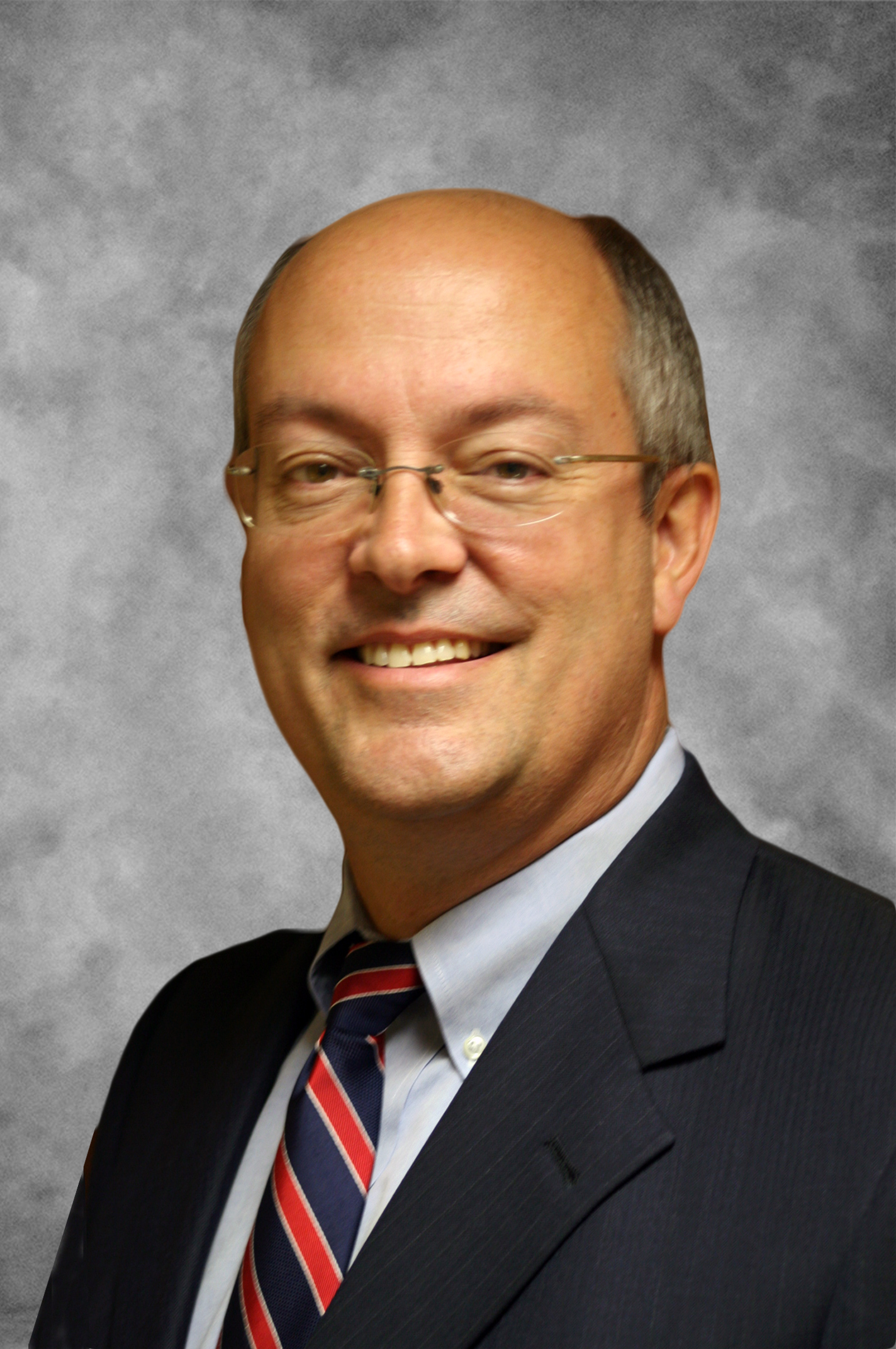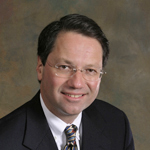Here are five spine surgeons discussing key lessons they've learned during their careers. They learned these lessons from their predecessors, founding a practice, working with patients, working in politics and providing humanitarian spine care.
From predecessors
Jeffrey Wang, MD, UCLA Spine Center: The sad thing is that many of our former leaders and pioneers in spine surgery become forgotten once they are less active. Although times have changed, and we have new technologies and ways of delivering education, the principles of patient care, compassion and ethics all remain exactly the same.
education, the principles of patient care, compassion and ethics all remain exactly the same.
Our predecessors have created surgical principles, dealt with the introduction of new technologies, modernized education and taught us spine surgery in their time. It is absolutely critical that we do not forget what has been published and established in the past so that we do not make the same mistakes in the current time.
Clearly, spine surgery is changing each year, and we deal with new challenges each day. The principles of how we deal with these new challenges and continue to care for our patients and educate new spine surgeons need to take into account what our predecessors have done in the past.
From founding a spine practice
 Dennis Crandall, MD, Sonoran Spine Center in Mesa, Ariz.: Initially, I left a 15 person general orthopedic surgery practice to start my own spine center. That practice had a highly evolved and developed business structure with a very talented practice manager and a talented legal and accounting team in place. I went from a very evolved structure down to me and four employees starting my own spine practice.
Dennis Crandall, MD, Sonoran Spine Center in Mesa, Ariz.: Initially, I left a 15 person general orthopedic surgery practice to start my own spine center. That practice had a highly evolved and developed business structure with a very talented practice manager and a talented legal and accounting team in place. I went from a very evolved structure down to me and four employees starting my own spine practice.
I decided to do all the interviewing, hiring and some of the human resources responsibilities myself. These workplace dramas and disputes weren't a good use of my time. It was a little more than a year when I decided not to spend my time doing that; I needed a practice manager. What I realize now is that this single hire was the most important hire having to do with the success of my practice.
Have the right practice manager with the right background giving you clear, honest, unfiltered advice and helping go through the raw data to see how decisions are made. We went through a couple of people before we ended up with the person we've had for the last several years. Had I not picked the right person, it would have been a disaster. The single critical most important hire to get right is the business manager.
From patients and fellows
Lawrence Lenke, MD, Washington University School of Medicine, St. Louis: I learned a tremendous amount from many of my patients who have taught me about how much of a positive impact we can have on our patients through our hard work. There are several patients I have surgically treated who have been defining moments for me where I tackled challenging problems and they were very appreciative of my work. Those situations gave me the confidence to continue to help even more complex patients coincident with my experience.
There are several patients I have surgically treated who have been defining moments for me where I tackled challenging problems and they were very appreciative of my work. Those situations gave me the confidence to continue to help even more complex patients coincident with my experience.
The other influence that continuously drives me and helps motivate me is the interaction I have with our spinal surgery fellows. We train four fellows per year and they are our assistants in surgery, and we spend a lot of time with these surgeons finishing their formal training and honing their skills. These are energetic people who keep us on our toes and ask questions that in turn help us hone and optimize our techniques. These interactions have been a major component of my continued career development.
From working in politics

Craig Callewart, MD, Methodist Hospital for Surgery in Addison, Texas: For better or worse, I have worked six sessions in our state legislature, which equals 12 years. Most legislators, both at the state and federal levels, are attorneys with very little experience in medicine or business, yet they are making decisions that generally impact us all. Physicians are beginning to wake up and run for political office. I would encourage those of us who can still make a change to become personally involved with our local legislatures, Congressmen and Senators, and work on their campaigns.
One of the points I try to bring across to them is we don't really have a healthcare access problem in America as much as we have a healthcare payment problem. Most don't understand the concept that a lot of us do charity work because it's a foreign concept to a business man, but that's the basic tenant of medicine. The real problem is the patient system needs to be fixed.
Lowering payments doesn't reduce expenditure; oftentimes it has a paradoxical effect of increasing expenditure because surgeons and hospitals work harder to cover their expenses.
If surgeons try to reach their representatives during the heat of the battle when bills are being considered, it's hard to deliver the message unless the physician has strong working relationships with that elected official. The time to initiate that relationship is during the campaign process or during session breaks. A key thing to do is find out who their healthcare associate or liaison is and get to know that staffer. Visit with them and teach them; they are often very young people and greatly ambitious, but don't have much experience in healthcare.
From humanitarian spine and orthopedic care
 David Roye, MD, Columbia University: The basic lesson for anyone who does work overseas is that we are very fortunate to have so much in the United States. We are so wealthy that we can be relatively wasteful in the way we apply the designs of implants.
David Roye, MD, Columbia University: The basic lesson for anyone who does work overseas is that we are very fortunate to have so much in the United States. We are so wealthy that we can be relatively wasteful in the way we apply the designs of implants.
Since performing cases overseas I use less implant density than did before I started traveling to China. When I'm designing an implant there I have to think about the fact that families are paying for each screw in a way that doesn't happen here. That's the difference between having a child treated or not treated, or returning to the operating room multiple times for the growing system, depending on how you place the implant.
The other thing I've learned when performing in other parts of the world is how to do a safe and effective surgery with less. Many times in third-world countries we have fewer instruments and you have to carry everything in and teach the surgeons what you do. I can do my entire case with a single box of implants overseas as opposed to 10 or 15 like I do at home. You have really specific planning for each case and pay attention to what you consume.
More Articles on Spine Surgeons:
5 Steps for Physician Owners to Make Spine Specialty ASCs Flourish
6 Big Trends in Spine Surgery Reimbursement
10 Spine Surgeons Leading Spine Outcomes & Cost-Effectiveness Registries


